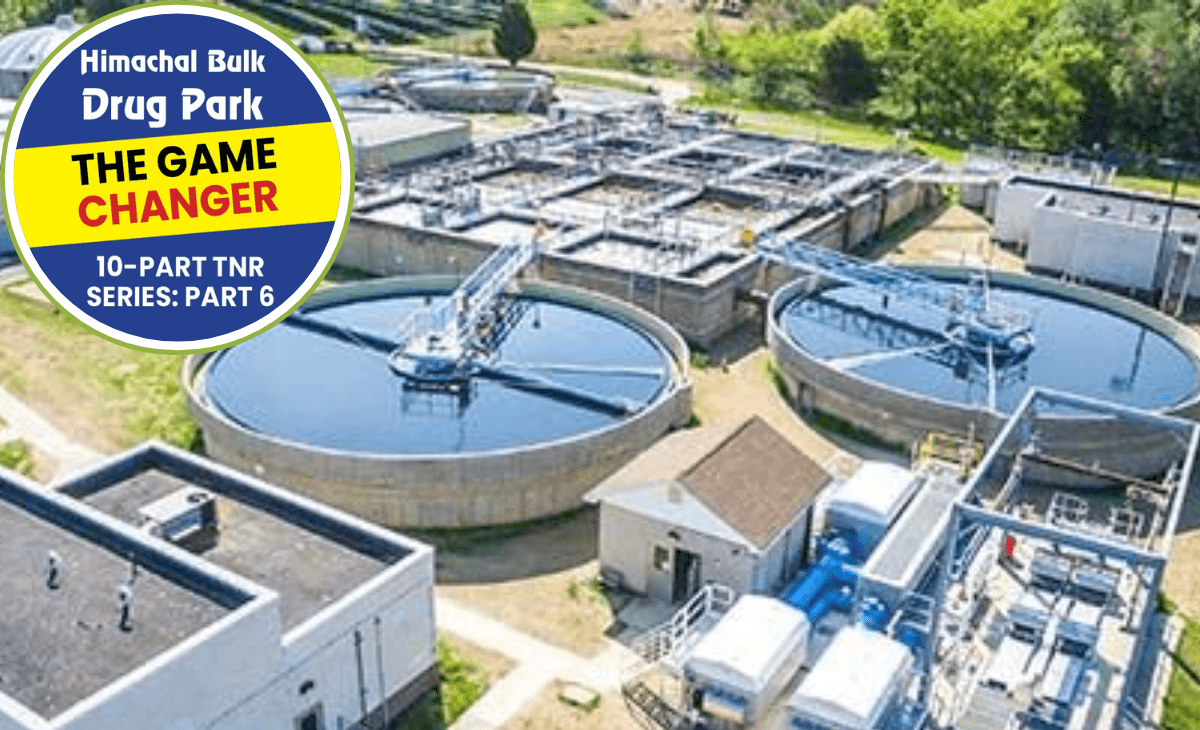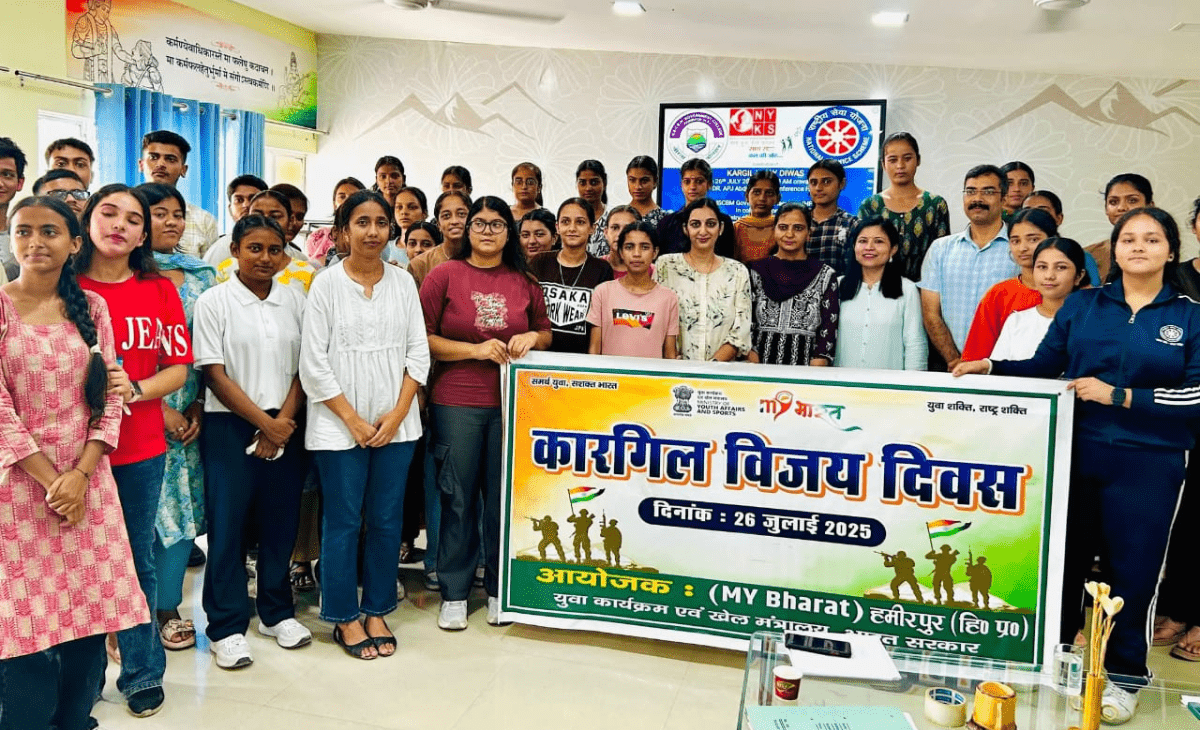Sunil Chadha
Una: The upcoming Bulk Drug Park at Haroli in Una district of Himachal Pradesh is emerging not only as a landmark of industrial advancement in Himachal Pradesh but also as a national model for eco-friendly and water-responsible development.
Equipped with cutting-edge zero liquid discharge (ZLD) technology, the park’s common effluent treatment plant (CETP) promises to eliminate water pollution risks, especially to groundwater sources.
ZLD-based CETP: Technological shield against pollution
Unlike India’s two other coastal bulk drug parks, the landlocked geography of Himachal Pradesh demands a far more rigorous approach to effluent management. In response, a 5 MLD (million litres per day) CETP is being constructed at Haroli with ZLD technology, ensuring no untreated wastewater is discharged into the environment. The project, with a cost of Rs 284 crore, will process all industrial effluents generated by chemical manufacturing units in the park.
The treatment plant will purify chemical-laden effluents using scientific, closed-loop processes, making the treated water reusable and entirely eliminating contamination risks to underground water reserves.
Protecting groundwater and local ecosystems
The initiative is particularly crucial given that Himachal Pradesh lacks the option of marine discharge. In this scenario, the CETP acts as a critical safeguard, ensuring that no untreated wastewater seeps into the soil or contaminates aquifers.
It also strengthens the local water cycle as purified water can be safely re-injected into the earth or reused, thereby reducing stress on natural water sources.
Moreover, this environmentally conscious infrastructure will support biodiversity and ecosystem stability, maintaining a delicate ecological balance even amidst industrial growth.
National model for environmentally responsible industrialisation
While the CETPs at India’s coastal bulk drug parks cost around Rs 100 crore due to available ocean disposal mechanisms, the higher investment in Haroli reflects a deeper commitment to groundwater protection and sustainability. Approved by NITI Aayog, the project is positioned to become a benchmark for green industrialisation across the country.
The Haroli Bulk Drug Park is a blueprint for how scientific planning and strict environmental norms can drive sustainable development. With this approach, Himachal Pradesh is setting an example of how industrial growth need not come at the expense of ecological responsibility.
Balancing growth with sustainability for future generations
The development in Haroli is a clear step towards intergenerational equity, ensuring that today’s industrial expansion does not compromise water security for future generations. The park demonstrates that with foresight, technology and commitment, a balance between economic and environmental priorities is not only possible but also replicable.
“As the CETP nears completion, the Haroli Bulk Drug Park is poised to become a national inspiration, a model where clean technology meets industrial ambition, setting a new standard for responsible growth in India,” said a Himachal government official.






